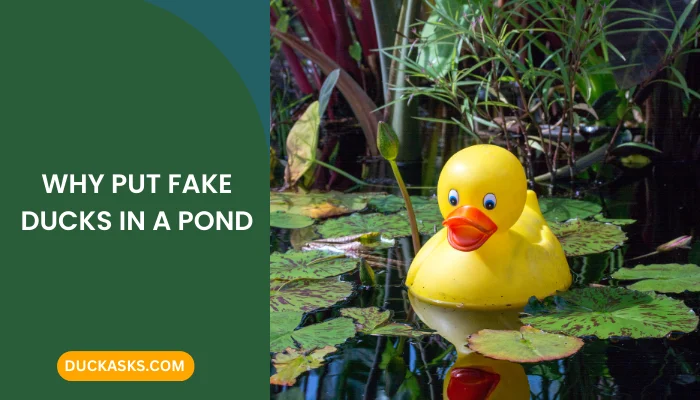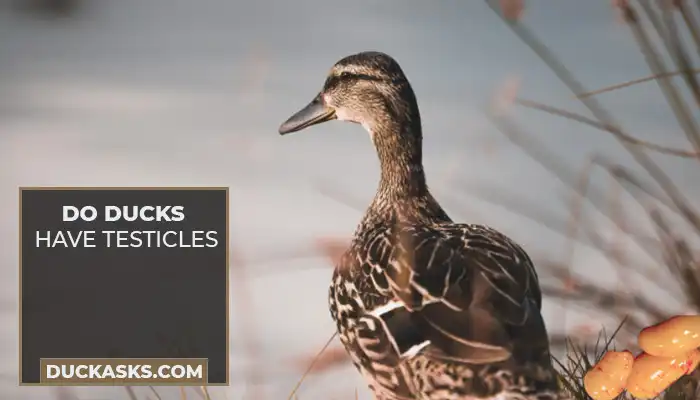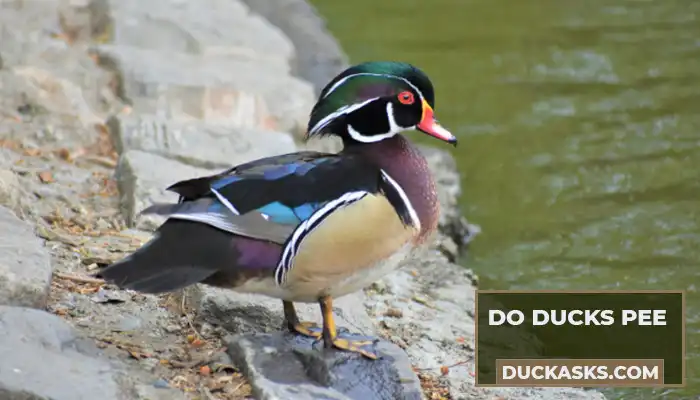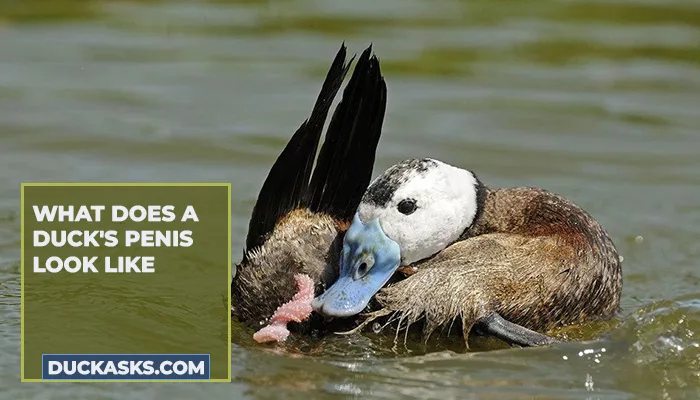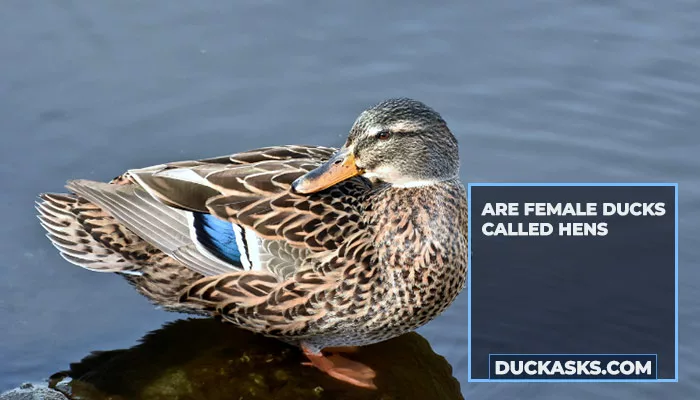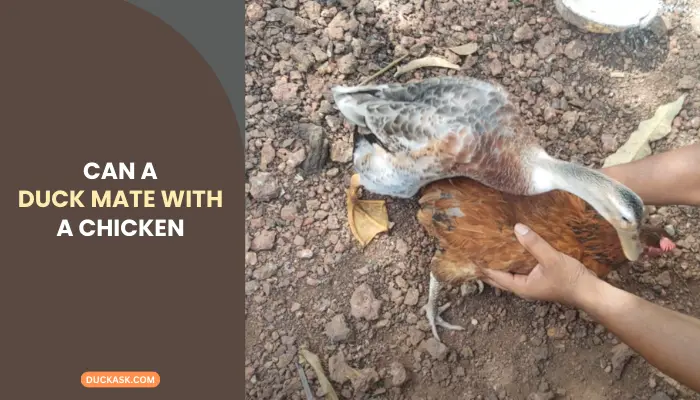How Long Can Ducks Hold Their Breath?
Decks have remarkable adaption quality, and one of its unique features is its way of breathing. Unlike other birds, ducks do not depend on lungs only. They have evolved and include both aquatic and aerial respiration.
How long can ducks hold their breath? They can hold from ten seconds to one minute at max. Many have claimed that a duck can breathe for over a minute. But it’s not possible due to the aquatic breathing system.
Read the rest of the article as I broadly explain ducks’ breathability and diving patterns below.
Looking for more articles about fun fact:
How Long Can Ducks Go Without Air Underwater?
Ducks can go for underwater swimming and also foraging. But they do go up to get some air. These are some factors that affect ducks’ breathability:
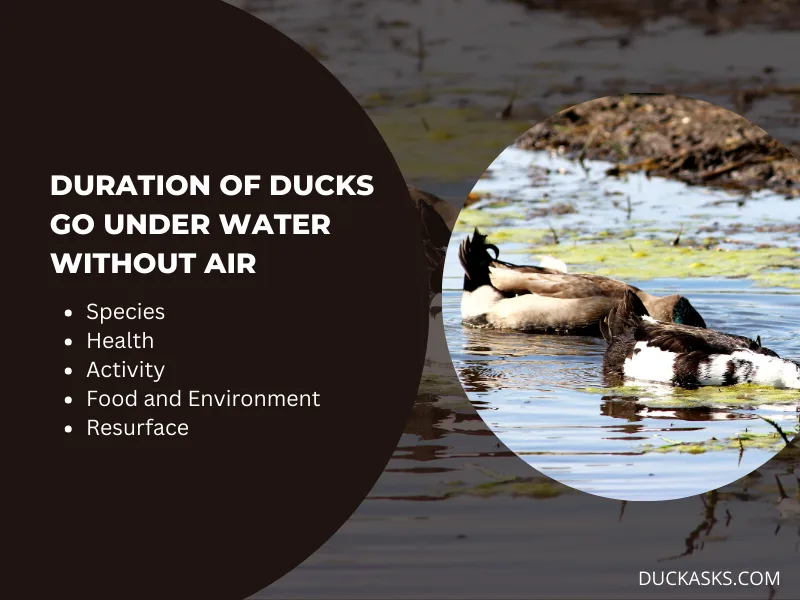
Species
Some ducks have different diving capabilities. For example, scoters and common eiders are great deep divers. Scotters dive for a minute and take a ten-second break. Then, they can go to another session.
Ducks beyond 65 meters can hold up their breath for one minute.
Here is the chart of ducks holding their breath based on duck species.
| Duck Species | Maximum Breathe Holding Time |
|---|---|
| Mallard | 15 – 30 seconds |
| Northern Pintail | 20 – 30 seconds |
| Tufted Duck | 15 – 25 seconds |
| Harlequin Duck | 30 seconds – 1 minute |
| Common Eider | 1 minute |
Health
The younger the duck, the more it can hold its breath. Also, healthy ducks of any species can hold up to one minute of breath because their endurance underwater and lung capacity are high.
The older or unhealthy the duck, the less it can hold its breath.
Activity
While swimming, foraging, and diving, ducks need more oxygen to hold their breath for less time. On the contrary, resing ducks can hold their breath for an extended time.
Food and Environment
In the case of pursuing prey, ducks change their breath-holding time underwater. If the food is in deep, they hold their breath longer.
Also, water temperature interferes with a duck’s oxygen intake. In some cases, metabolic rate. For example, ducks have a slow metabolism in cold water in cold water, resulting in a more extended breath hold.
Vice-versa for warm water, where ducks have a high metabolism.
Resurface
Ducks don’t hold their breath at once. They take intervals and resurface periodically to breathe. However, the resurface period can vary from seconds to minutes.
Do Different Species of Ducks Have Varying Breath-holding Abilities?
As I mentioned previously, different species exhibit different breath-holding abilities –
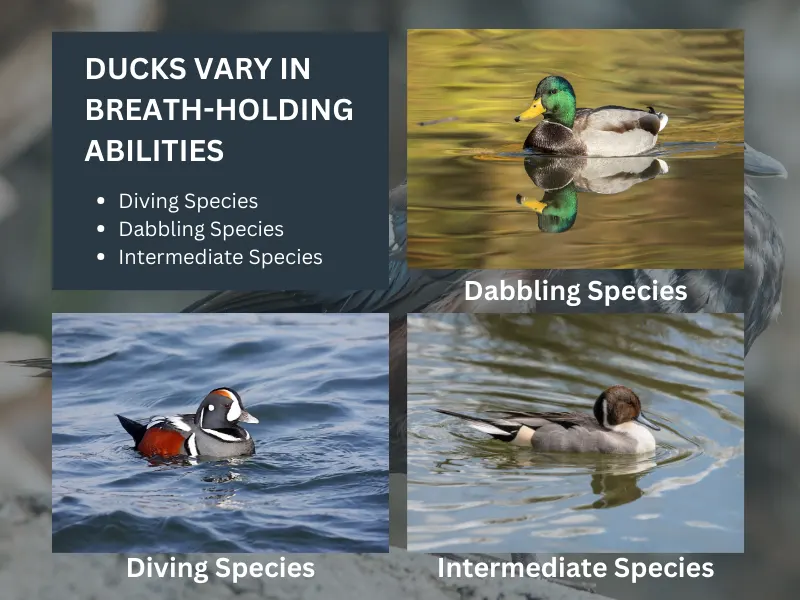
Diving Species
Diving ducks are known for their excellent breath-holding capability. Those ducks that are diving can hold their up to thirty seconds. In some cases, when they are hunting mollusks, crustaceans, and fish, it can go up to one minute.
Ducks like Scaup, redheads, and canvasbacks can hold their breath for up to 45 seconds. Also, these types of ducks have unique anatomy and even physiology for diving deep.
The more extended lung capacity and oxygen utilization make them excellent divers.
Dabbling Species
Eurasian teal, mallards, wood ducks, or dabbling ducks don’t stay submerged. These species hold about ten to twenty seconds of breath but in a tipping forward position. Mostly, they exhibit this behavior while in aquatic vegetation.
However, the foraging behavior requires them to have less diving ability for hunting prey. So they do not need to hold their breath for long.
Intermediate Species
Species like gadwall and northern pintail are intermediates. They can submerge for a moderate duration.
It can be a good one minute but at least twenty seconds. Because these have mixed foraging techniques that include shallow diving, they need the least amount of diving.
Can Ducks Breathe Underwater?
Ducks can’t breathe underwater, but their respiratory system relies on aerial breathing.
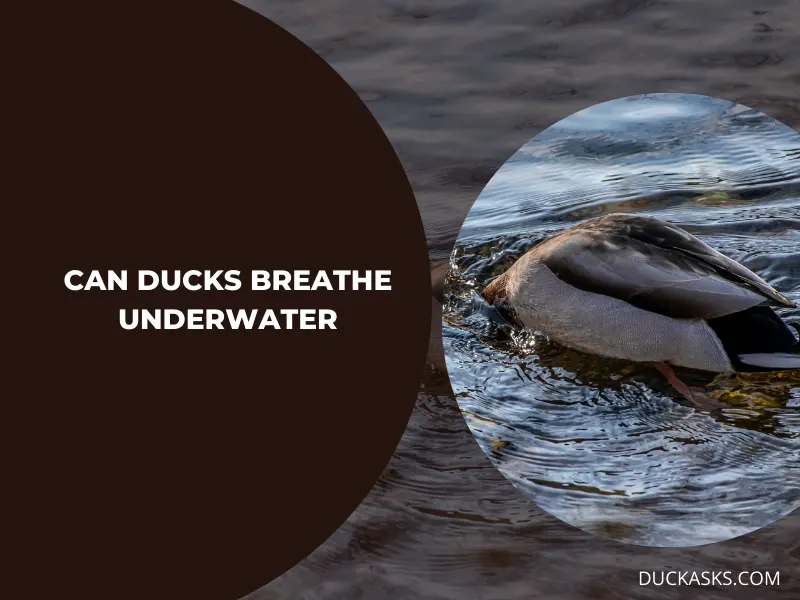
Aerial Breathing
Ducks breathe through their nostrils, which are on their bills. When swimming on the surface or resting, they breathe like humans. It means inhaling oxygen.
Nostril
They can close their nostrils when they submerge their head in the water. This prevents their lungs from staying dry and water from entering respiratory passages.
Also, ducks can dive deep and do it by holding their breath.
Oxygen
The oxygen storage of ducks is excellent. They store surplus oxygen in their muscles, and storing oxygen will provide them time to dive underwater.
However, they take short dives to forage for plants and small fishes.
Final Thoughts
Ducks use wings and feet to propel downwater and dive underwater. Most commonly, ducks hold their breath from twenty seconds to a minute. They dive underwater for preying purposes, mostly.
If this article helped you, share it on your social media platforms. Stay connected with our Facebook, Instagram, and Pinterest.
References:
- https://www.researchgate.net/publication/275869937_The_Respiratory_System_in_the_Normal_White_Pekin_Duck
- https://pubmed.ncbi.nlm.nih.gov/6803317/

